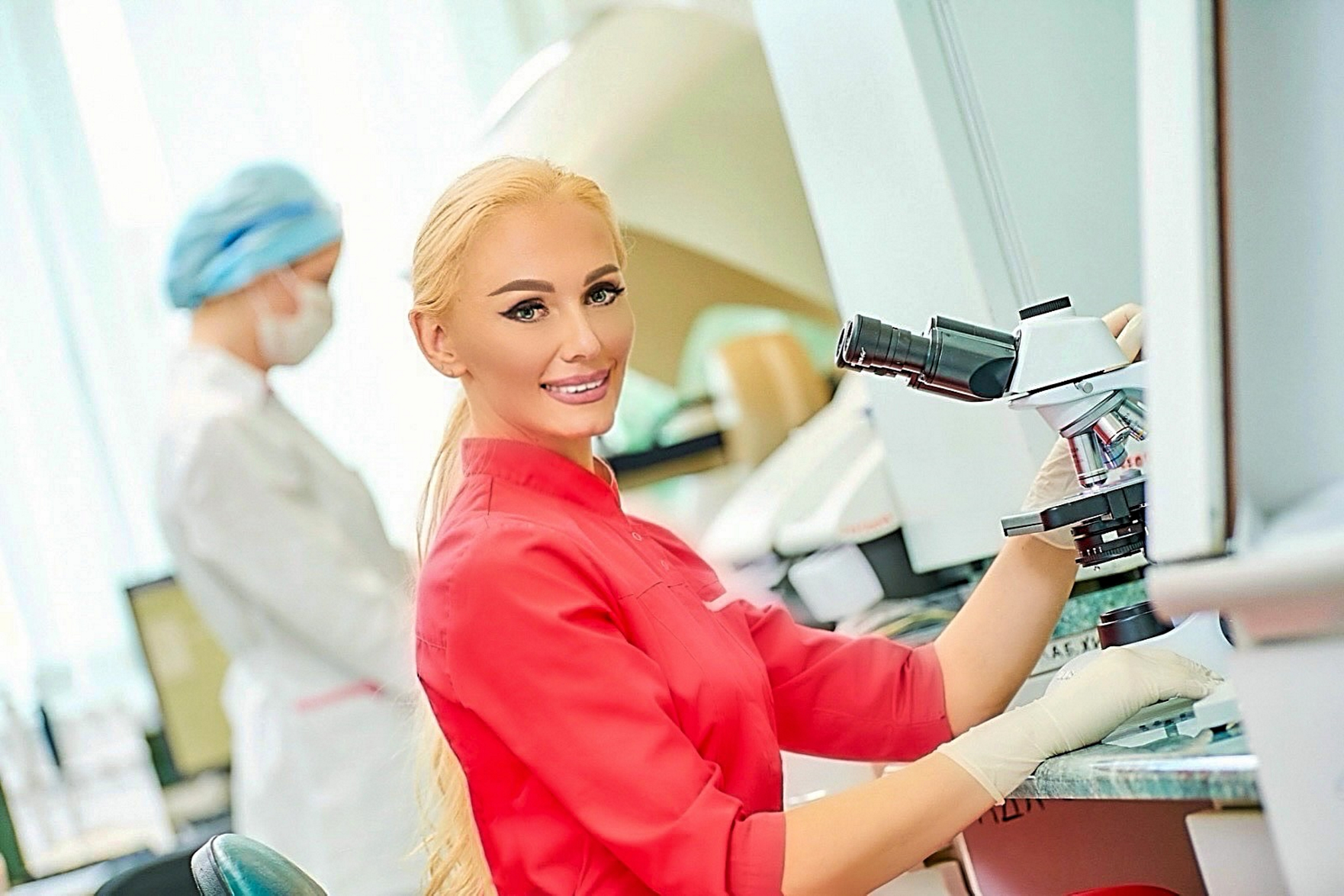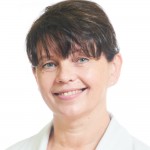Clinical and diagnostic laboratory
1st floor
The clinical and diagnostic laboratory of the state institution “Republican Scientific and Practical Center for Pediatric Surgery” performs a wide range of biochemical, immunochemical, hematological, general clinical, immunological, cytological studies to assess the health of patients, diagnose, treat diseases, and monitor the effectiveness of therapy.
Qualified laboratory staff ensure fast and reliable research results using advanced technologies and highly sensitive methods on modern equipment from world manufacturers to provide medical care to patients with urgent surgical, cardiac pathology, for patients in critical condition requiring intensive care and intensive therapeutic measures.
Qualified laboratory staff ensure fast and reliable research results using advanced technologies and highly sensitive methods on modern equipment from world manufacturers to provide medical care to patients with urgent surgical, cardiac pathology, for patients in critical condition requiring intensive care and intensive therapeutic measures.



Department structure
Planning Department: Clinical Diagnostic Laboratory of the Department of Pediatric Cardiac Surgery
Express service:
Express service:
- express laboratory of the admission department of the Department of Pediatric Surgery
- express laboratory of the anesthesiological and intensive care Unit of the Department of Pediatric Cardiac
- Surgery express laboratory of the anesthesiological and intensive care unit of the Department of Pediatric Surgery
Department staff
The research is carried out by specialists with extensive work experience who know modern methods of laboratory diagnostics.
All staff annually improves their professional level at advanced training courses, participates in national and international conferences.
Paramedics, laboratory assistants who take blood from young patients, carry out all manipulations with a smile on their face and a friendly attitude, so that the process of taking blood causes minimal distress even in the youngest patients.
All staff annually improves their professional level at advanced training courses, participates in national and international conferences.
Paramedics, laboratory assistants who take blood from young patients, carry out all manipulations with a smile on their face and a friendly attitude, so that the process of taking blood causes minimal distress even in the youngest patients.

KORSAKOV
Ekaterina Vladimirovna
doctor of laboratory diagnostics
(head of the department),
the highest qualification category
Ekaterina Vladimirovna
doctor of laboratory diagnostics
(head of the department),
the highest qualification category

IVANUSHKO
Svetlana Kazimirovna
doctor of laboratory diagnostics,
the first qualification category
Svetlana Kazimirovna
doctor of laboratory diagnostics,
the first qualification category

SHILOVA
Lyubov Valeryevna
doctor of laboratory diagnostics,
the highest qualification category
Lyubov Valeryevna
doctor of laboratory diagnostics,
the highest qualification category

GOLOD
Natalia Valentinovna
doctor of laboratory diagnostics,
the first qualification category
Natalia Valentinovna
doctor of laboratory diagnostics,
the first qualification category

KUKHARCHUK
Natalia Nikolaevna
doctor of laboratory diagnostics,
the first qualification category
Natalia Nikolaevna
doctor of laboratory diagnostics,
the first qualification category

SHABAN
Lyudmila Andreevna
paramedic-laboratory assistant (senior)
Lyudmila Andreevna
paramedic-laboratory assistant (senior)
The range of research
Vacuum systems are used to take biomaterial in the laboratory, which minimizes pain during blood collection and ensures maximum safety for both the doctor and the patient.
The clinical diagnostic laboratory performs the following types of research:
The clinical diagnostic laboratory performs the following types of research:
hematological studies
general clinical studies
studies of the hemostasis system (coagulogram, thromboelastogram, aggregatogram)
biochemical studies to assess the state of all metabolic processes in the patient's body (protein, carbohydrate, pigment, mineral, lipid, hormonal, introductory electrolyte)
studies of infectious markers, oncomarkers
immunohematological studies using gel technologies
study of acid-base state
